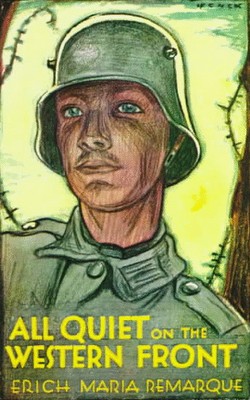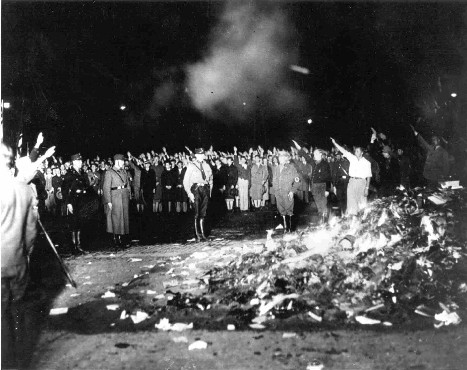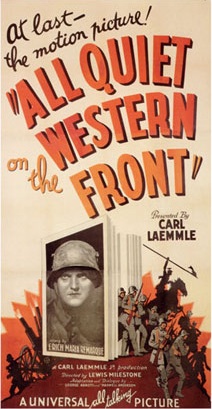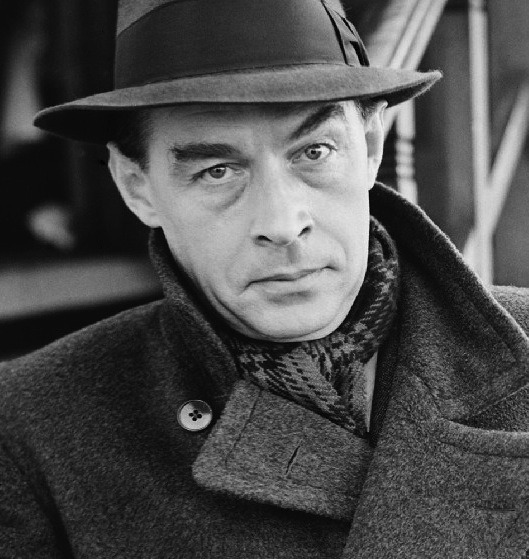War is anything but quiet. War is loud. And war is horror. Erich Maria Remarque, born on June 22, 1898, drives this point home in his book All Quiet on the Western Front. Originally penned in German under the title "Im Westen Nichts Neues", the book sold 1.2 million copies in Germany alone in its first year. It went on to be translated into 25 languages.

Image courtesy upload.wikimedia.org.
According to the New York Times, Mr. Remarque, whose parents relocated from France to the Rhineland, had the "power to move people by words". His book focusses on a boy named Paul Baumer not yet out of high school who signs up for the war effort at 18. The innocent boy turns into a man far too quickly after he experiences war in the trenches.
"We are not youth any longer. We don't want to take the world by storm. We are fleeing from ourselves, from our life. We were eighteen and had begun to love life and the world; and we had to shoot it to pieces."
"We are not youth any longer. We don't want to take the world by storm. We are fleeing from ourselves, from our life. We were eighteen and had begun to love life and the world; and we had to shoot it to pieces."

Book burning of All Quiet on the Western Front at University of Berlin in 1933 courtesy ushmm.org.
While the book was well received by the public, it was not well received by the Nazis. Copies of the book were burned in a huge bonfire at Berlin University in May of 1933. The Nazis claimed that the book "displayed treachery toward German soldiers of the World War". This was the same regime that sent World War I veterans to concentration camps (like Otto Frank) and to the gas chambers less than ten years later just because they were Jewish!
Made into a Hollywood movie in 1930, Joseph Goebbels was reported to have entered a German theatre and thrown stench bombs and let loose white mice to sabotage the screening. Weeks later, the picture was banned in Germany.

Image courtesy upload.wikimedia.org.
In 1938, the Nazis went so far as to deprive Erich Remarque of his German citizenship. The author retreated to Porto Rocco and continued to write. While his book was banned in Germany, his words would continue to be printed. His message would continue to be heard -- his message that despite the horror of war, man is not extinguishable, and that "not even Hitler can quench the spark".

Photo of Erich Maria Remarque courtesy tumblr.com.
No comments:
Post a Comment